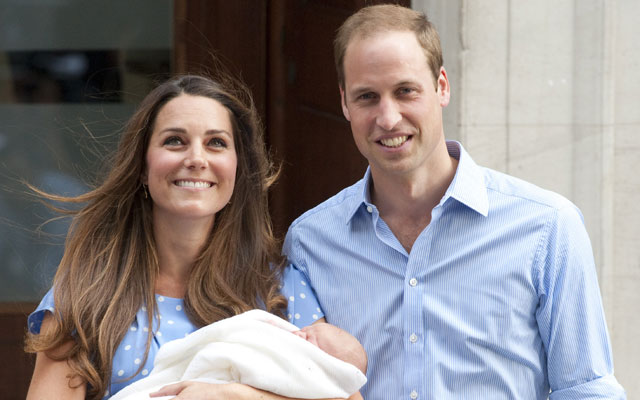On Monday, Duchess Kate gave birth to royal baby Prince George in a private suite in the posh Lindo Wing of St. Mary’s Hospital for a cool $9,600 a night. And while we’re sure the duchess received excellent (private) health care, for ordinary Britons enrolled in the public National Health Service (NHS), the quality of care is certainly not the same.
Just a month ago, a particular maternity hospital in northwest England was under investigation for the deaths of at least 15 newborn babies, three mothers, and 38 stillborns between 2002 and 2009—all due to substandard care. And what’s more, nearly 13,000 needless deaths occurred in 14 NHS hospital trusts since 2005, according to a 2013 internal report from the NHS. And with increasing wait times to see general practitioners, seek out medical treatments, and obtain hospital admission, the system of socialized medicine that celebrated its 65th birthday this month hasn’t had the best publicity.
On this side of the pond, patient access to care is already declining—even before Obamacare has been fully implemented. A 2012 Health Affairs study confirmed that nearly one-third of doctors were refusing to accept new Medicaid patients, and a July 2013 update posited that existing Medicaid beneficiaries may be denied preventative care. Less than 60 percent of doctors in Texas will take on new Medicare patients. Finally—and perhaps most alarmingly—last week the Portland Press Herald reported that half of all Massachusetts primary care doctors are refusing to accept new Medicare patients and that wait times for existing patients are growing ever longer. What’s more, Obamacare will not only fail to reverse these problems but actually make them worse.
It’s ironic that both the NHS and Obamacare are designed to increase access to care, because they actually make it more difficult for ordinary people to get the care they want and need.
The legacy of Obamacare may very well turn out to be a new class-based system in American health care, not unlike Britain’s two-tiered system. Obamacare’s economic incentives will surely encourage American employers to drop lower-income workers and their families into the new exchanges next January. Millions more will end up enrolled in Medicaid, where it is not unusual for patients to have trouble finding a doctor.
Meanwhile, upper-income folks—including Congressmen—will fight to keep their employer-based insurance or create other financial arrangements. They at least will have a better shot than the rest of their fellow citizens at keeping their quality of care.
Grace McElhenny is currently a member of the Young Leaders Program at The Heritage Foundation. For more information on interning at Heritage, please click here.































